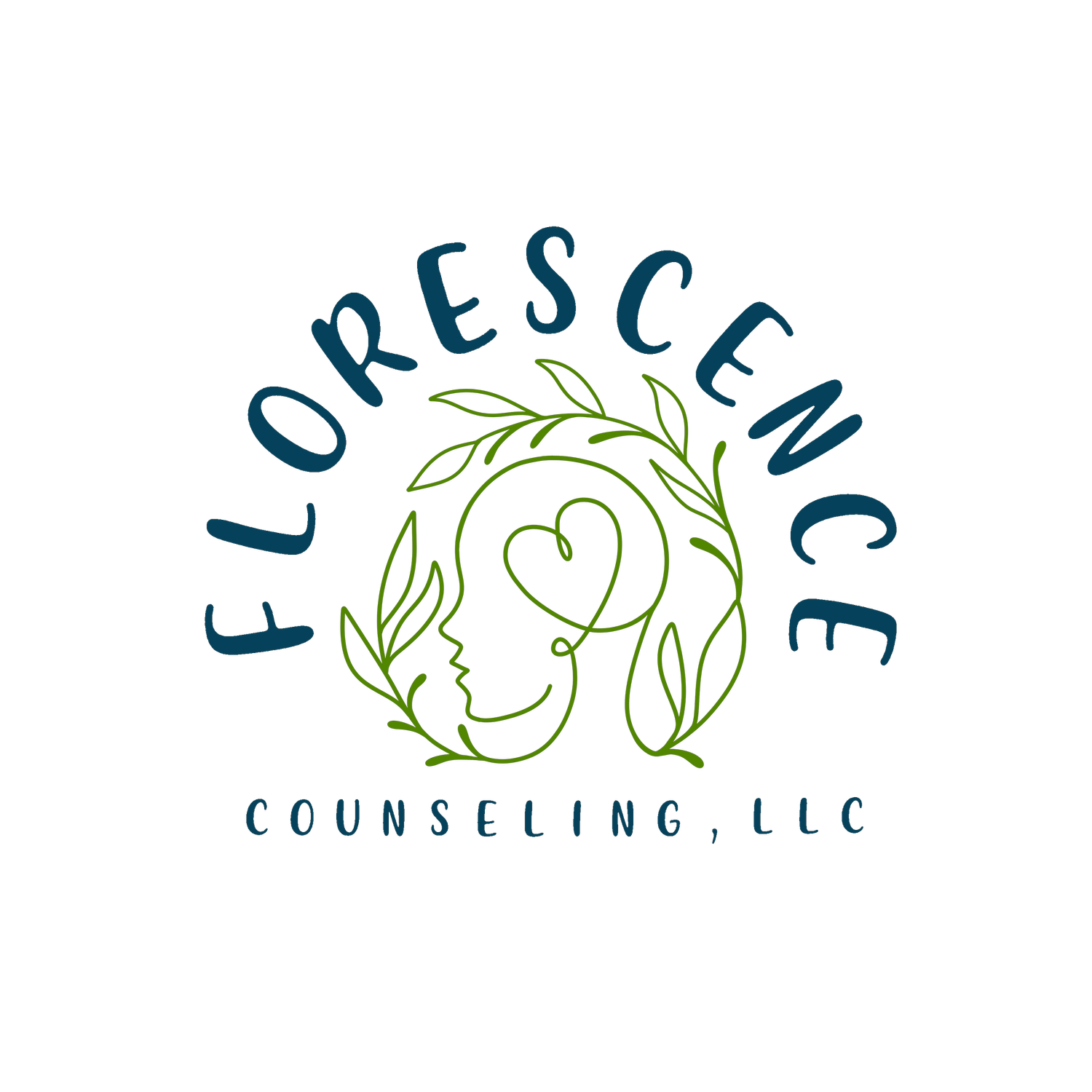Healing from Trauma
Trauma can have a profound impact on your life, leaving emotional scars that may feel overwhelming. As a therapist, my goal is to help you understand what trauma is, how it affects you, and most importantly, how to heal and move forward. In this blog, we will explore the nature of trauma and practical steps to navigate the healing journey. This is not comprehensive and not necessarily what will work for everyone, but it is a brief guide to help give some ideas and tips for their trauma treatment journey.
Understanding Trauma:
Trauma is a complex, individualized experience. It can result from a wide range of events, from natural disasters to abusive relationships or childhood neglect. What makes trauma challenging is its subjective nature; what is traumatic for one person might not be for another. Trauma can affect you emotionally, mentally, and even physically, manifesting in symptoms like anxiety, depression, flashbacks, and more.
The Impact of Trauma:
Trauma has the power to shape how you perceive yourself and the world around you. It can disrupt your sense of safety, trust, and self-worth. Understanding the ways trauma influences your thoughts, feelings, and behaviors is the first step in reclaiming control over your life.
Steps to Start Healing from Trauma:
1. Recognize and Accept: Acknowledging that you have experienced trauma is the first crucial step. Denial can prolong the healing process. Be gentle with yourself and understand that it's okay to seek help.
2. Seek Support: Trauma recovery is not a journey you need to undertake alone. Reach out to a therapist, spiritual/religious leader, and/or other advisor who specializes in trauma. They can be a part of your journey by providing guidance, coping strategies, and a safe space for healing.
3. Self-Care: Prioritize self-care. This includes getting enough rest, maintaining a balanced diet, and engaging in physical activities that promote relaxation and well-being. It seems simple but, let’s be honest, it isn’t always. So be kind to yourself and take this day by day.
4. Emotional Processing: Identify ways to process your emotions. This could be through art, music, friends, family, therapists, a religious leader, or simply journaling. It could be a bit of all of these ideas. There is no one size fits all model, so try to be open to varying options!
5. Mindfulness and Relaxation Techniques: Techniques such as mindfulness meditation, deep breathing, and progressive muscle relaxation may help you manage anxiety and stress. Again, this may or may not be helpful. So, start out slow with short practices, perhaps with someone who feels safe. See how it
6. Establish Healthy Boundaries: Learning to set and maintain boundaries in your relationships is essential for your emotional well-being. Utilizing a therapist or other advisor in this effort could be especially helpful.
7. Patience and Self-Compassion: Healing from trauma takes time. Be patient with yourself and practice self-compassion. You are not defined by your trauma; it is a part of your story, not your identity.
Healing from trauma is a process that requires time, effort, and support. Remember, you don't have to face it alone. Seeking help from a qualified therapist and/or other culturally relevant advisor may be an important step in your journey towards recovery. By understanding the nature of trauma, accepting its impact on your life, and taking proactive steps to heal, you can regain control and work towards a brighter, healthier future.
*Please keep in mind that this blog post serves as a source of information and should not replace professional medical or mental health advice or treatment from your primary providers.
